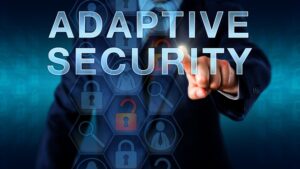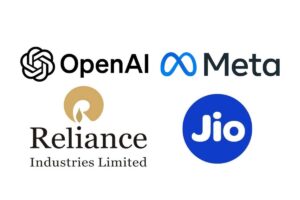Research Indicates OpenAI Uses Copyrighted Data for AI Model Training

Study Claims OpenAI Trains AI Models on Copyrighted Data
Overview of the Study
Recent investigations have raised concerns regarding OpenAI’s training methods for its artificial intelligence (AI) models. A study suggests that OpenAI may be using copyrighted material without proper authorization, igniting debates around the legality and ethics of data use in AI development. This issue is important not only for tech companies but also for content creators and artists who rely on copyright laws to protect their work.
What Is Copyrighted Data?
Copyrighted data refers to any original work—such as texts, images, music, and videos—that is legally protected under copyright law. The creator retains exclusive rights to reproduce, distribute, and publicly display the work. When AI systems are trained using such material without permission, it raises serious questions about infringement and compliance with intellectual property laws.
Key Findings of the Study
Sources of Data: The study indicates that a large portion of the training materials for OpenAI’s models come from publicly available online sources. However, it also mentions that this data might include copyrighted content.
Legal Risks: Utilizing copyrighted material without consent could expose OpenAI to lawsuits from original authors, leading to potential financial repercussions and damage to its reputation.
- Ethical Implications: Beyond legal concerns, the ethical dilemma arises when considering the rights of creators versus the advancement of technology. Content creators deserve recognition and compensation for their work, which may not happen in scenarios where AI uses their material without permission.
OpenAI’s Response
In reaction to these findings, OpenAI has reiterated that their models are trained on a mixture of licensed data, publicly available data, and data created by human trainers. The company emphasizes its commitment to operating within legal boundaries while advancing AI technology. However, the study raises important questions about transparency in how these datasets are obtained, which is crucial for fostering trust with users and developers.
The Role of Copyright in AI Training
The incorporation of copyrighted data into AI training involves complex legal nuances. Here are some considerations:
Legal Frameworks
Fair Use Doctrine: This legal concept allows limited use of copyrighted material without permission, primarily for commentary, criticism, or educational purposes. However, the application of fair use in AI training is still a contentious area and could vary case-by-case.
- Licensing Agreements: Obtaining licenses from copyright owners can mitigate legal risks, yet this involves negotiations and potential costs.
The Impact on Content Creators
The use of copyrighted data in AI models has varying effects on different stakeholders:
Artists and Authors: Many creators are concerned about how their work is used and monetized, especially when the AI products developed may compete directly with their original work.
- Industry Ripple Effects: If companies like OpenAI face legal action, it could lead to stricter regulations around AI training, impacting the entire tech industry.
Ongoing Regulatory Discussions
As the AI sector continues to evolve, there are ongoing discussions about updating copyright laws to address the challenges posed by emerging technologies. Policymakers are grappling with how to balance the interests of technology companies driving innovation with the rights of individual creators safeguarding their work.
Conclusion
The study’s revelations about OpenAI’s training practices pose significant questions about copyright issues in the realm of artificial intelligence. While OpenAI works to clarify its methods and maintain compliance, the conversation surrounding copyright and AI remains a matter of great importance as it affects creators, developers, and the future of technology.






